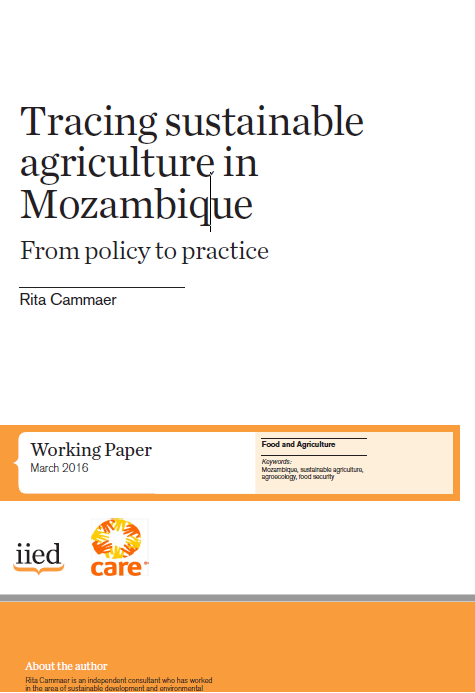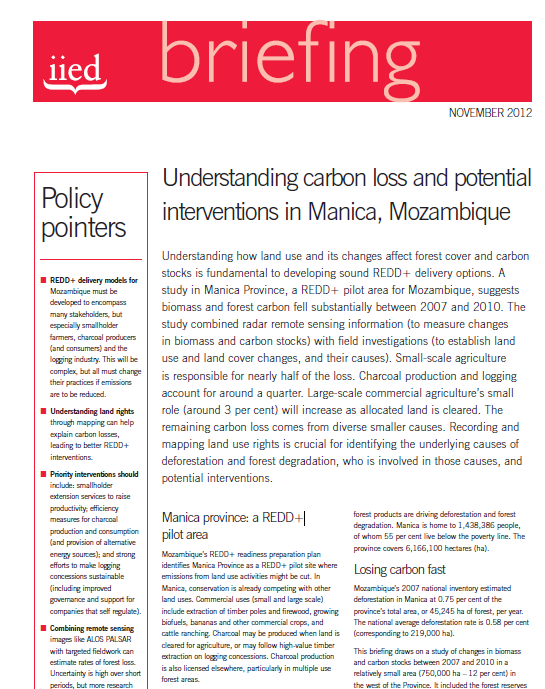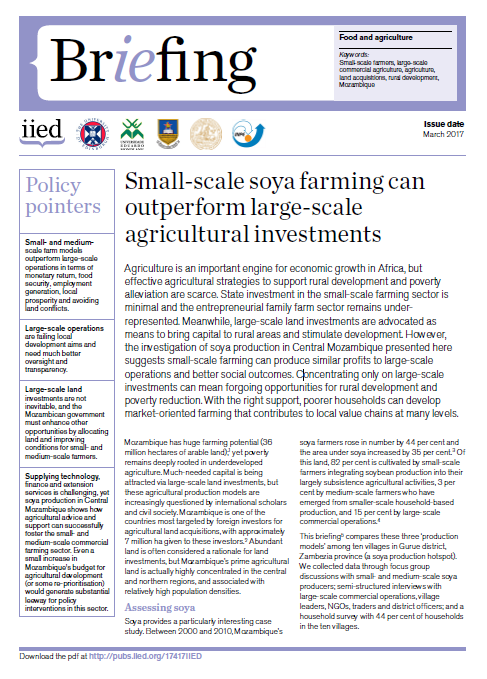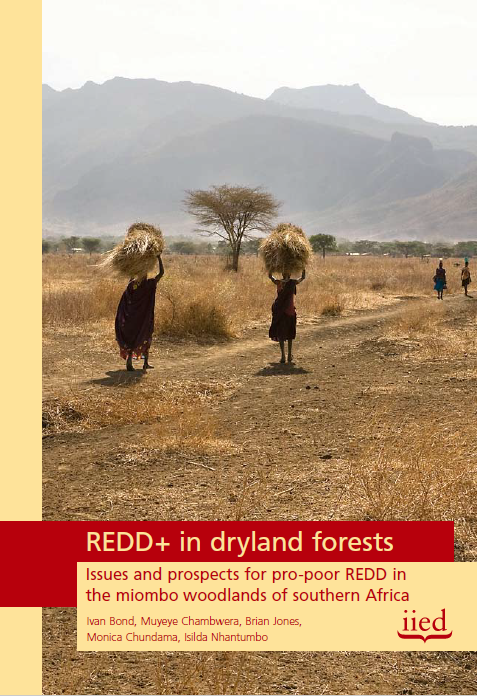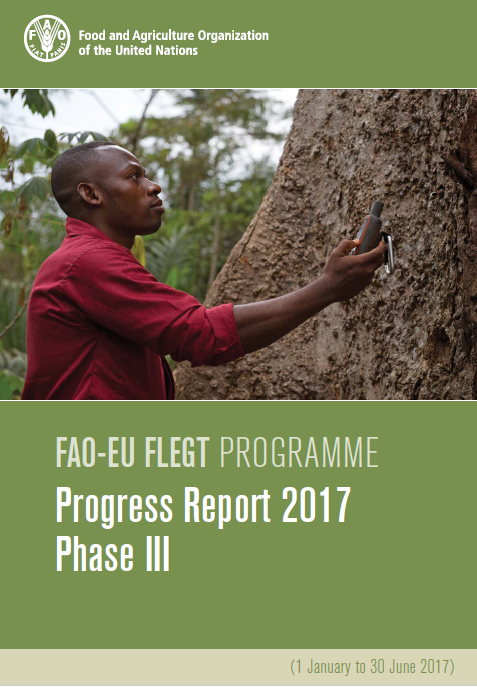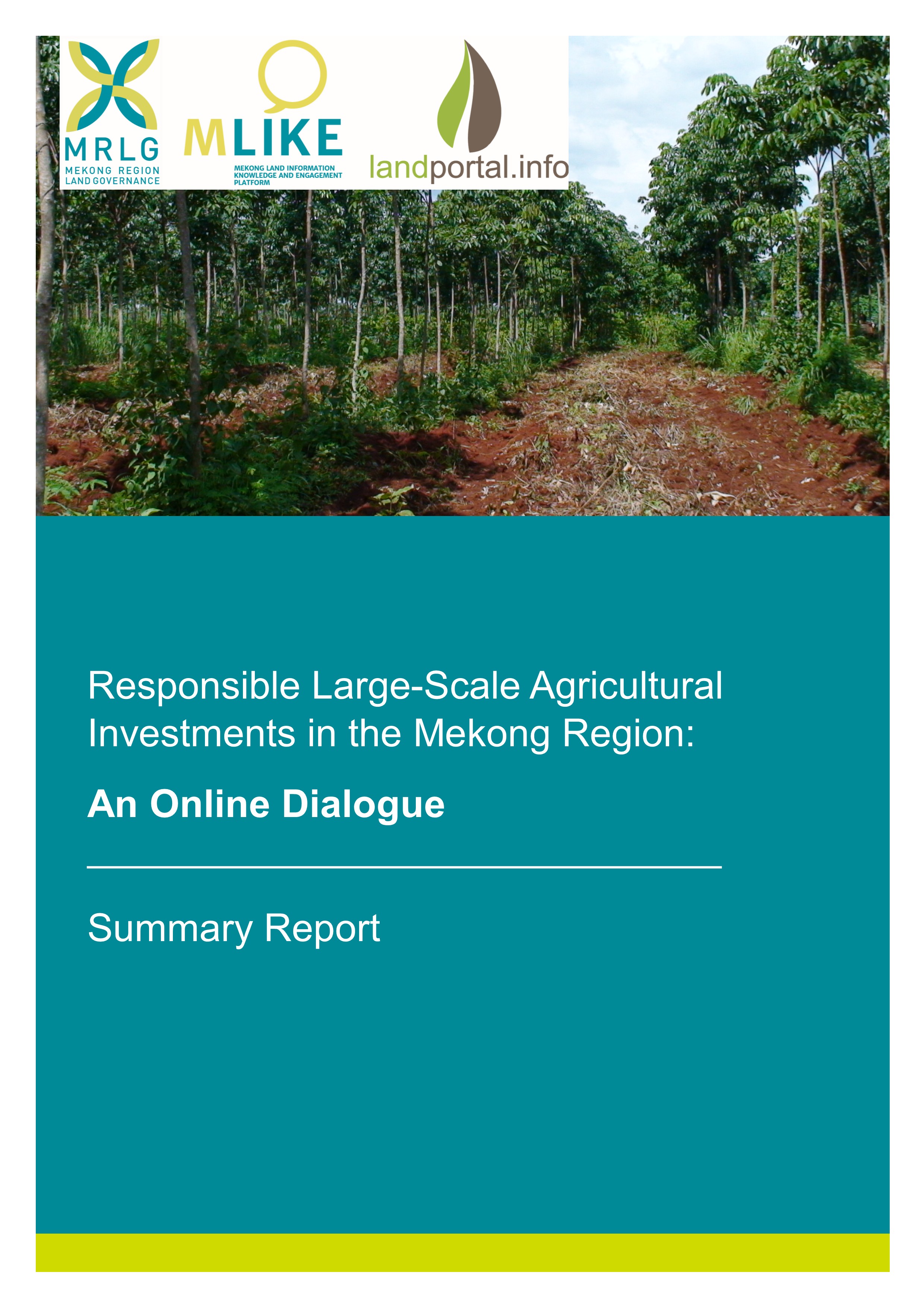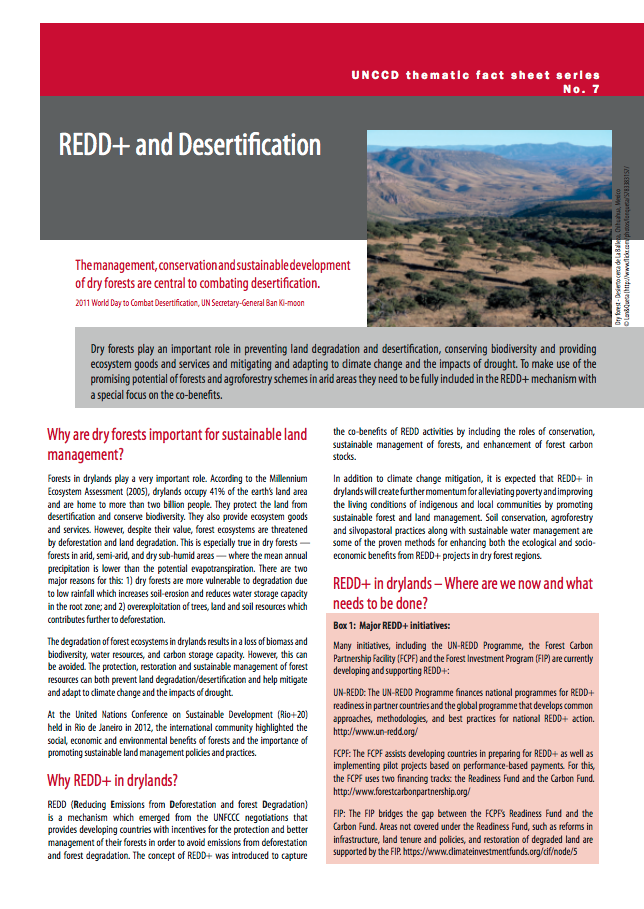South-South REDD
The implementation of the South–South REDD process was made achievable by those who assumed leadership roles (political and technical), facilitated the meetings and the logistics on the ground (especially the consultations and training) and acted as resources people. It would be impossible to name everyone, but in particular we would like to thank the Minister of Environment, Alcinda Abreu, and Vice-Minister, Ana Chichava, who provided the leadership and often challenged the technical experts.



